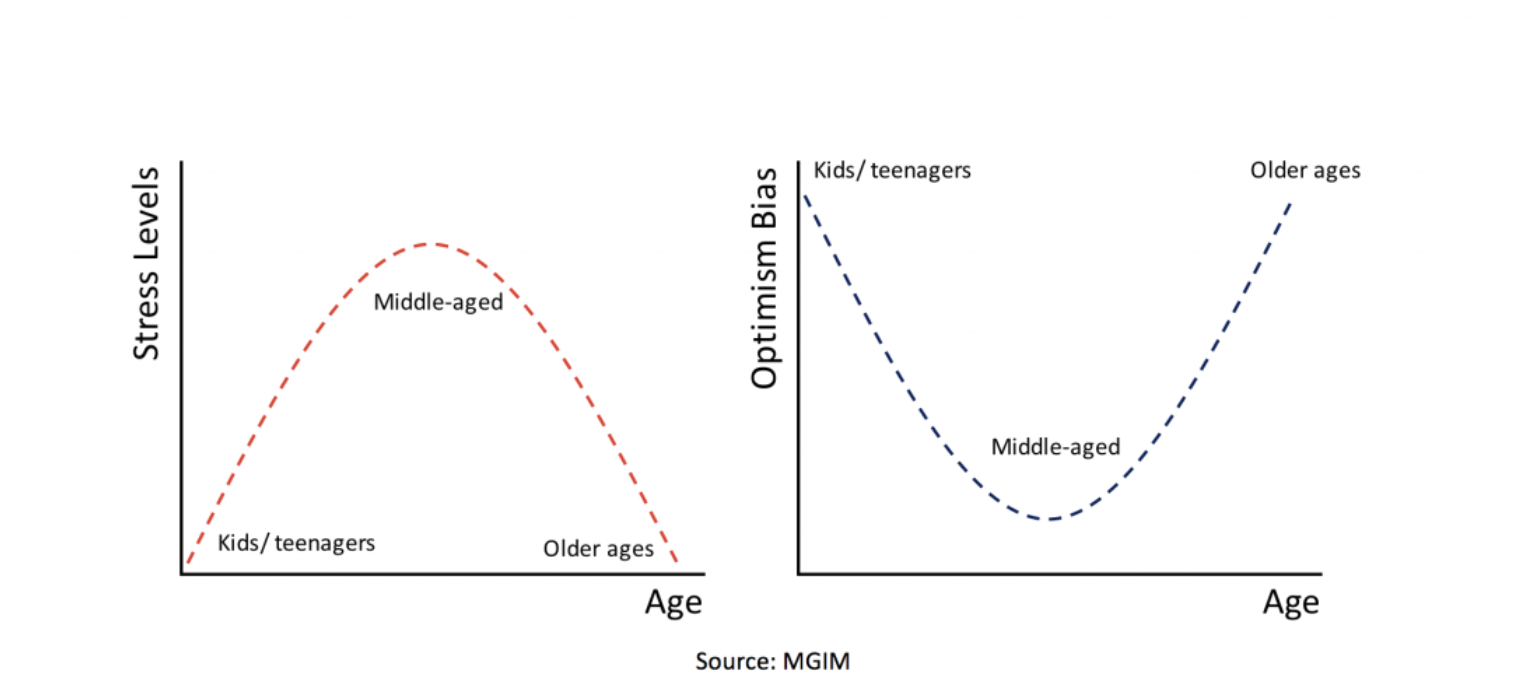Is optimism bias affecting your investment returns?
Optimism bias describes the human tendency to believe that things will turn out better than they actually do. When it comes to investing, optimism bias can lead you to overpay for assets, and this can impact your investment returns. Thankfully, there are ways we can manage it.
One subject area of study that should be a life-long journey for all investors is that of behavioural economics and psychology. The reason is simple: the mispricing of assets (known as “market inefficiencies” or, better still, “opportunities”) stems from human biases, in large part.
Human biases have developed as successful evolutionary strategies but they can often result in irrational behaviour that can cause assets to be mispriced over short periods of time. And a successful investor needs to be able to recognize these biases and build a process to neutralize their effects.
Many of us on the Montgomery Global research team listen to podcasts on this topic in our spare time. Driving to work this week, I listened to some interesting insights on “optimism bias” by Dr Tali Sharot of the University College London. Optimism bias – one of a large number of human biases – is the tendency for most humans to believe that things will turn out better than they end up being. For example, according to Sharot:
“People hugely underestimate their chances of getting divorced, losing their job or being diagnosed with cancer; expect their children to be extraordinarily gifted; envision themselves achieving more than their peers; and overestimate their likely life span (sometimes by 20 years or more).”
For investors, an optimistic bias is dangerous as it can lead to a systematic overvaluation of assets. This stems from the belief that the future prospects of a business, industry or economy are better than they truly are in reality. And, of course, overpaying for assets will result in systematic underperformance in investment returns.
Interestingly, according to Sharot, optimism bias is a function of one’s environment. In high-stress situations, for example, optimism bias disappears and realism takes over. And, therefore, one’s degree of optimism bias maps pretty closely with age.
According to Sharot:
“We find kids and teenagers have a large bias. And this bias gets smaller and smaller up until middle age… For those middle-aged, you have a bias, but it’s quite small. And then it starts growing bigger again as you grow older into older ages.”

So what does this mean? It means you probably want an investment manager who is middle-aged and suitably stressed to ensure they are not overly optimistic :)
But, the good news for all you optimists out there, according to Sharot, is that you are more likely to lead a happier, healthier and longer life.
1 stock mentioned

